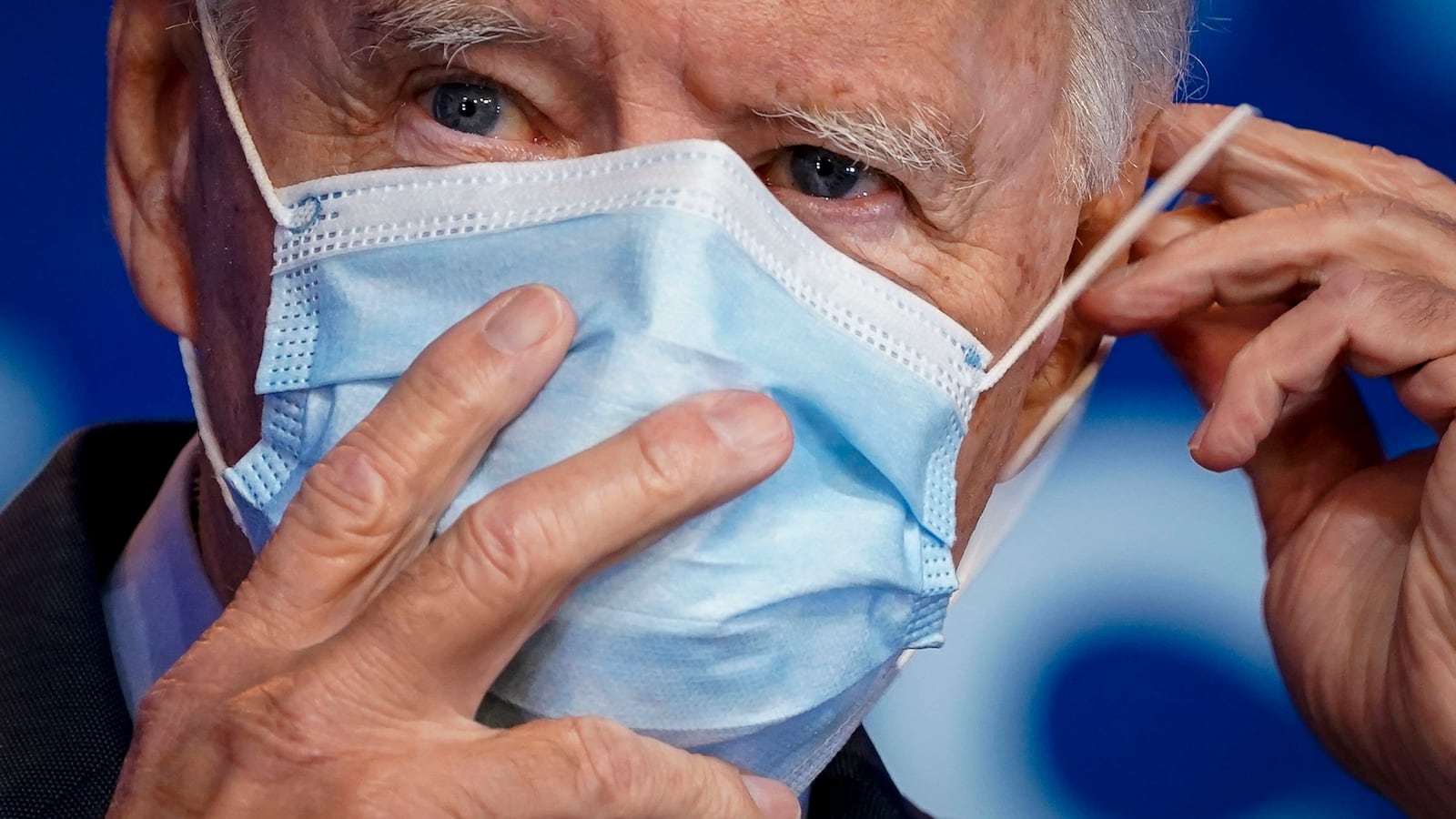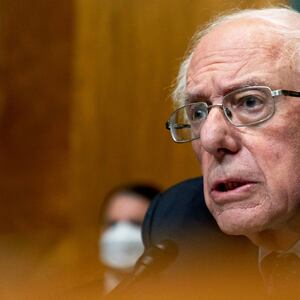Thursday night, Twitter was full of rage (more than usual) after Senate Parliamentarian Elizabeth MacDonough ruled the minimum wage increase out of the COVID relief bill. There was rage at MacDonough. There was rage at Republicans. There was rage at Joe Manchin and Krysten Sinema. And there was some rage at the Biden administration and specifically at Vice President Kamala Harris, who has the power to overrule the parliamentarian. Reversing Harris would require 60 votes, not 51, so she could plausibly do that, but no one really thinks she will.
No question, this is excruciating to watch. The Democrats won elections, emerging with congressional majorities, albeit a bare one in the Senate, and they can’t pass the program they ran on, in part because of a couple of Democrats. Progressives in the House are saying the party just has to deliver on this core promise, and they’re right.
Well, I think there’s a chance, and maybe a good one, that a minimum wage increase isn’t dead yet. But passing one is going to require courage, patience, and compromise. I know compromise is a dirty word. But that’s the legislative process when you didn’t win enough elections to have things the way you want them in our ridiculous system.
I’ll come back to the minimum wage, but first let’s back up and examine one silver lining here. Now, Manchin and Sinema have no excuse not to vote for the COVID bill. It will go through a few permutations in the coming days, and presumably without the minimum wage it will come out to less than the previous sticker price of $1.9 trillion, but it will be close to that. And it will pass.
Don’t lose sight of what a victory this is, for the country and for liberal economic thinking. This bill, and the money it will help direct to many millions of Americans, is a very big deal. Step back and remember, Biden ran on two core promises: He’d competently get vaccines into people’s arms, and he’d restore the economy.
On the vaccination front, things are going… fine. Not great, but fine, and getting better week on week. With the pending Johnson & Johnson approval, fast strides should be made. Biden’s perhaps-cleverly-lowballed 100 million shots in the first 100 days will be surpassed, and it seems a fair guess that everyone who wants a vaccine will have one by, oh, sometime in June.
About the economy: In the long run, of course, getting people vaccinated and reopening restaurants and movie houses and sporting arenas and resorts is what will really get the economy going. In the meantime, the government needs to step in. Biden saw this and went big. You’ve read the criticisms that he went too big, exceeding the “output gap” and risking future inflation (which most experts don’t consider a big risk).
I think he went big based not just on immediate need. I think he went big in part to try to shift America’s governing economic paradigm from let-the-market-handle-everything to embracing public investment and a robust role for government.
The dollar amounts in some of the spending categories are more than the CBO says are necessary to meet the immediate need? Fine. So what? This is a crisis, and crisis brings opportunity, and the opportunities here are rife. To help state and local governments that have been starved for years, that never really made up the revenues they lost 12 years ago after the Great Meltdown. To help schools strengthen themselves against germ transmission, which seems a good idea in general, and is it the worst thing in the world if a school can build a new gym into the bargain? No, it is not! It’s economic activity, and jobs, and, well, a new gym.
So this COVID bill has an importance beyond the immediate needs it will meet. When this passes—and we know it will pass now—people should celebrate.
Then, Democrats need to re-commence the fight to finally raise the minimum wage. They should immediately start agitating for a stand-alone bill. This would require eliminating or changing the filibuster, which I’ve been saying for years they need to do.
That will be tough. Manchin and Sinema have to go for it. Biden has to lean on them hard. Might they accede if Biden drops the number a bit from $15 and promises billions for their states? I don’t think it’s impossible. The key phrase above may prove to be “or changing”; Ian Millhiser of Vox recently wrote a comprehensive piece on how the filibuster can be changed, not eliminated, in ways Manchin and Sinema might be able to live with.
A stand-alone bill would pressure some Republicans who purport to be on the side of the working class to take a stand one way or the other. Marco Rubio, Josh Hawley, a couple others; they talk populism sometimes, but their no votes on a stand-alone minimum wage bill would chisel their hypocrisy in stone. And Ron Johnson of Wisconsin, a top Democratic target for 2022, would make himself more vulnerable with a no vote.
The other way to go is to attach the minimum wage to a “must-pass” bill like a defense appropriations bill. That’s what happened the last time a minimum-wage bill passed in 2007. It was part of an emergency appropriations act that funded the Iraq War.
There will be plenty of those bills in the next couple years. What’s important now is that the White House keep everybody together, and that Democrats not let this setback start a corrosive dynamic. The Senate is a completely screwed-up place. Its rules constantly thwart a majority. These are the kinds of things that happen there. People can respond by getting more enraged—or by getting more strategic.
Bank the big win of the relief bill, which is coming, and find another venue to fight for the minimum wage. That fight is far from over.



